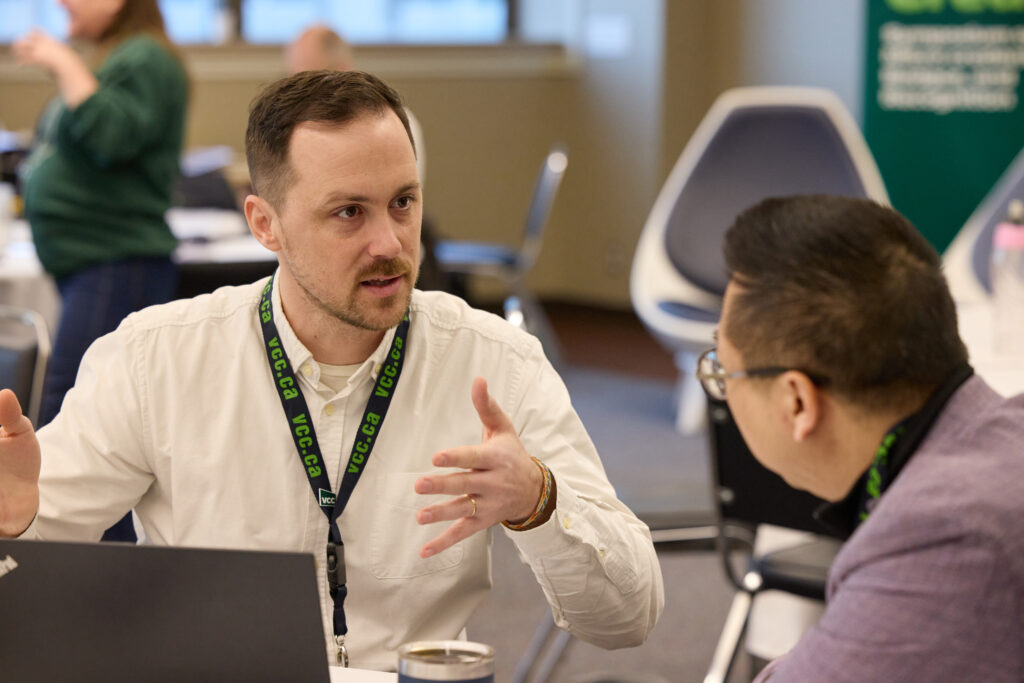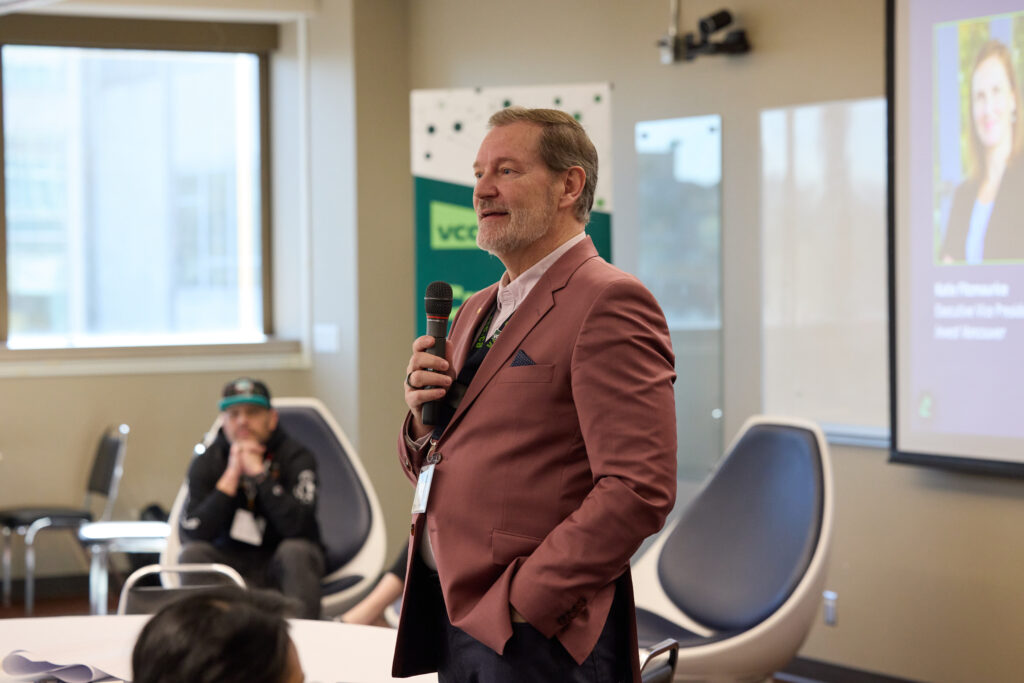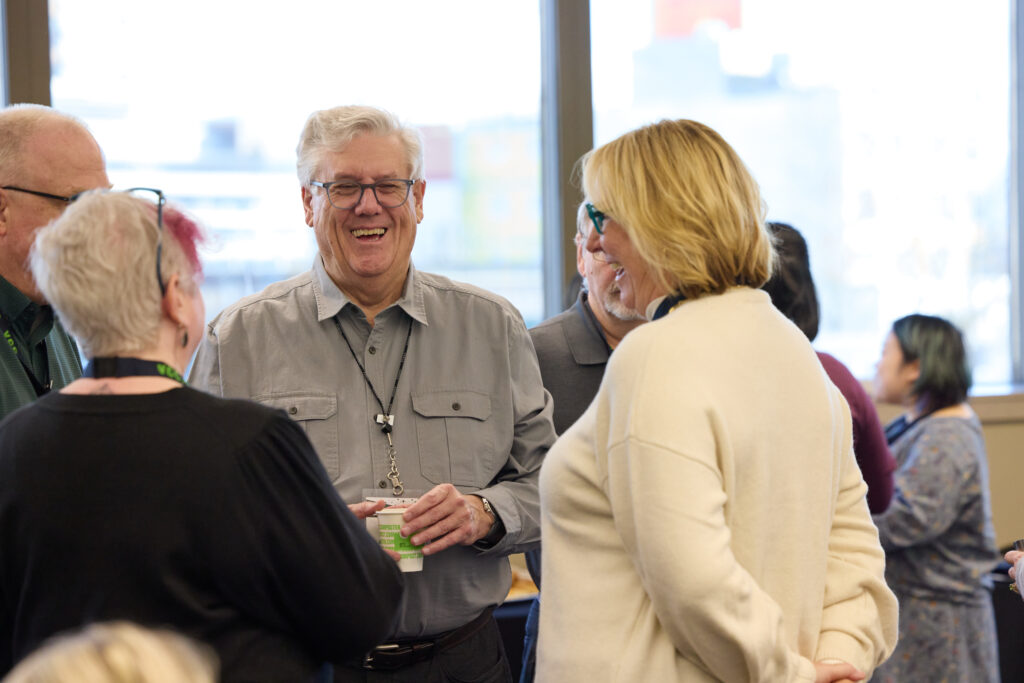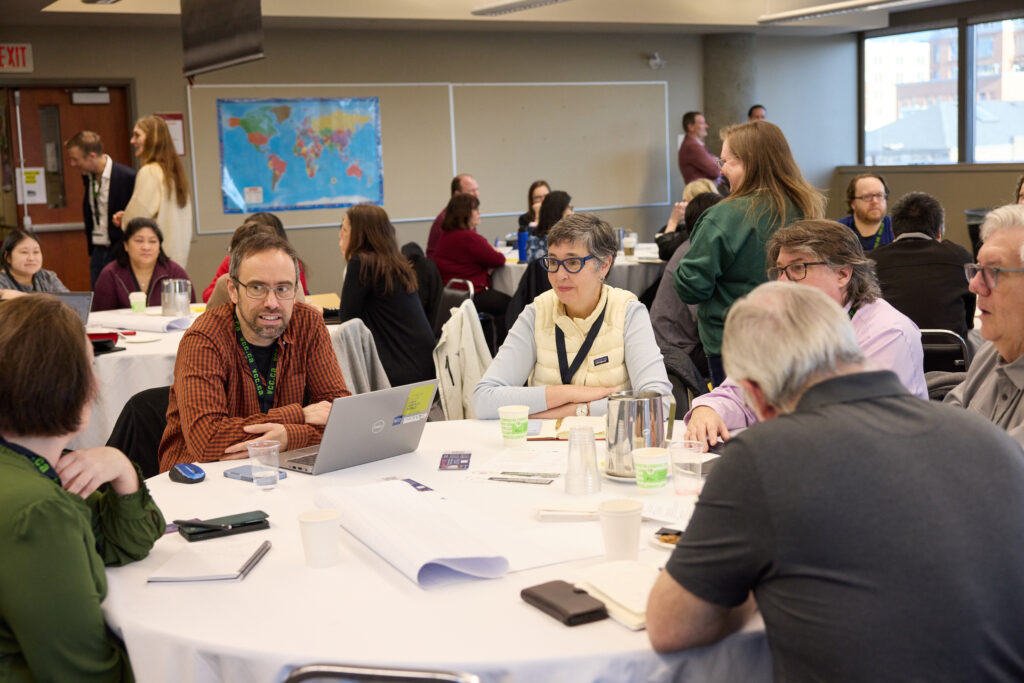CredX 2026
Symposium on Micro-Credentials, Badges, and Recognition
April 15–16, 2026 • VCC Downtown, Vancouver
About the Event
Join us for two transformative days of collaboration, innovation, and action-oriented dialogue at the 2026 CredX Symposium. Building on the momentum from our inaugural event in 2025, this year’s symposium brings together diverse voices from industry, government, and post-secondary education to continue discussions on advancing access to higher education, addressing labour market and industry needs, all with the aim to tangibly advance how micro-credentials, digital badges, and recognition practices can positively transform British Columbia and beyond.
This year’s symposium will feature a curated program of expert panels, interactive workshops, and multiple synthesis sessions designed to foster meaningful collaboration and produce tangible outcomes that participants can implement within their own communities and organizations. With representation from industry leaders, government stakeholders, and post-secondary institutions, participants will engage in strategic discussions that drive real change in how we approach skills development and recognition practices.
Two Days • Multiple Panels • Expert Speakers Collaborative Workshops • Action-Oriented Outcomes
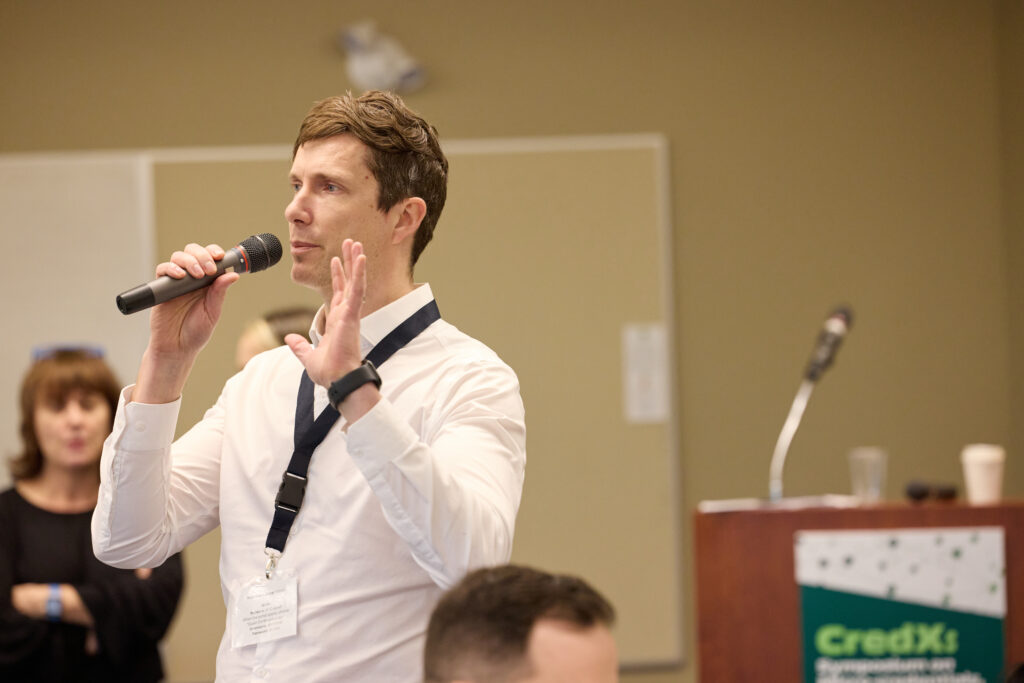
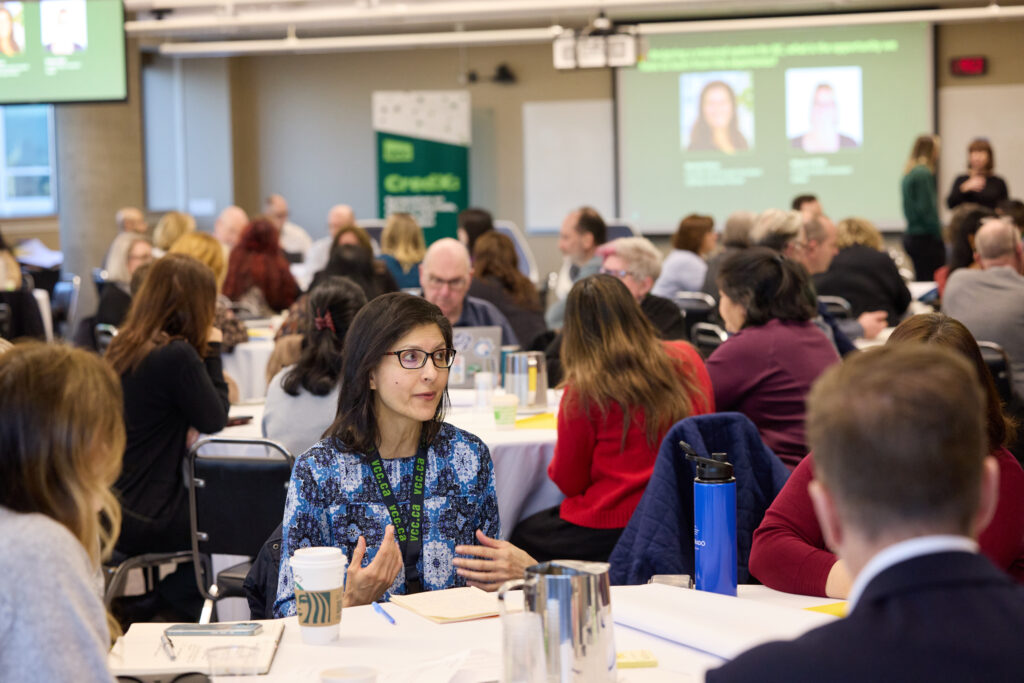
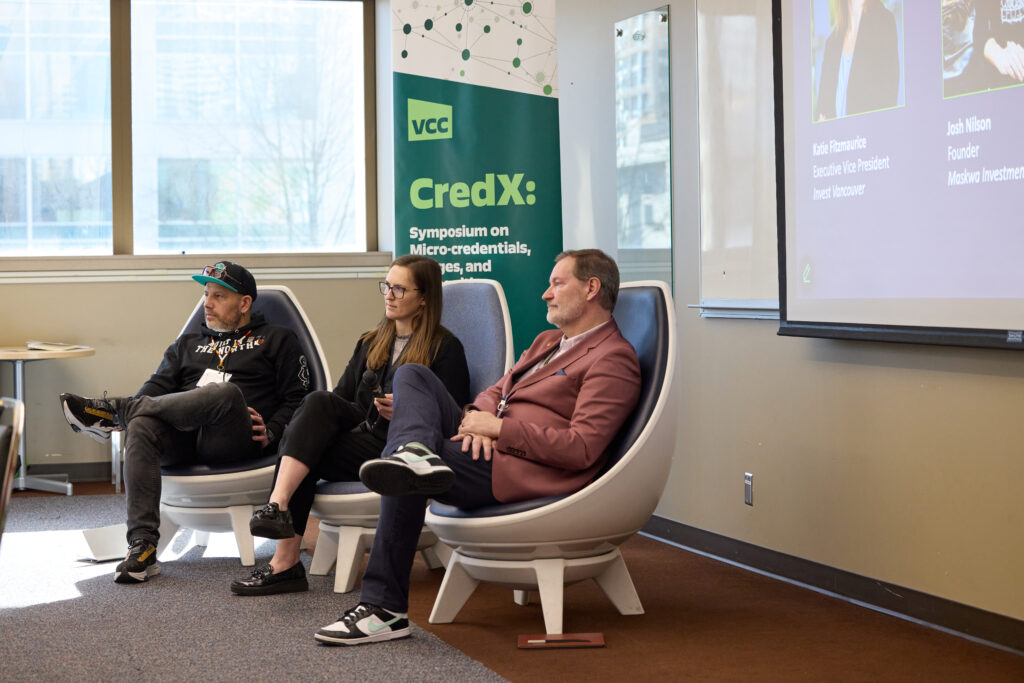
Who Should Participate
- Indigenous Communities
- Community & Non-Profit Organizations
- Industry Leaders & Employers
- Local and Provincial Government Representatives
- Post-Secondary Institutions
- Equity & Inclusion Advocates
Why You Should Participate
Whether you’re a decision-maker in industry workforce development, a government policy architect, or an educational innovator, this symposium offers unparalleled networking and learning opportunities with key partners, solution makers, and equity organizations on how our systems can better support the evolving needs of our communities.
For Industry
- Connect directly with post-secondary institutions and government, building connections to forge new partnerships
- Collaboratively develop solutions for addressing critical skills gaps affecting your organization and sector
For Government
- Hear directly from industry and post-secondary practitioners
- Engage in on-the-ground discussions about how we can work better together to support economic development and workforce readiness across British Columbia
For Post-Secondary Institutions
- Access industry insights and establish new partnerships
- Contribute to meaningful advancements in the sector around recognition and the strategic use of micro-credentials and digital badges
Objectives
Since its inception, CredX was designed as a practical means to centre and to see the individual at a meaningful scale in BC – whether through fostering and recognizing skills within the workforce or empowering and improving livelihoods. CredX is an opportunity for you to bring your questions, ideas, perspective, and experience to the fore as we consider how we can shape a better future for our province and our communities.
Our aims for this year include expanding B.C.’s community of practice, identifying feasible pilots for improved recognition systems and shared standards, and articulating the value proposition for systemic improvements.
Symposium Format
In response to feedback, this year we are providing multiple means of participating at CredX. While the ideal is to welcome everyone in a large room together, we recognize that this is not a possibility for everyone interested in attending. Accordingly, we have both an in-person participation option as well as an online participation option. Both formats bring distinct benefits and price points, and you can select your preferred participation format when you register for CredX 2026.
Ready to Shape the Future of Learning?
Join industry leaders, government innovators, and education pioneers in expanding the potential of micro-credentials, digital badges, and recognition systems in British Columbia. Please note that seats for both in-person and online participation are limited, so we encourage you to Register for CredX 2026.
Questions? Contact us at credx@vcc.ca and one of our team members will connect with you directly.
| Early Bird Registration | Regular Registration | Online Registration |
|---|---|---|
| Closes October 31, 2025 $375 + tax | Closes April 3, 2026 $425 + tax | Closes April 3, 2026 $125 + tax |
| Complete symposium experience, in-person participation, with full access to all sessions, materials, networking events, and meals | Virtual symposium experience with live-streamed access to all sessions | |
